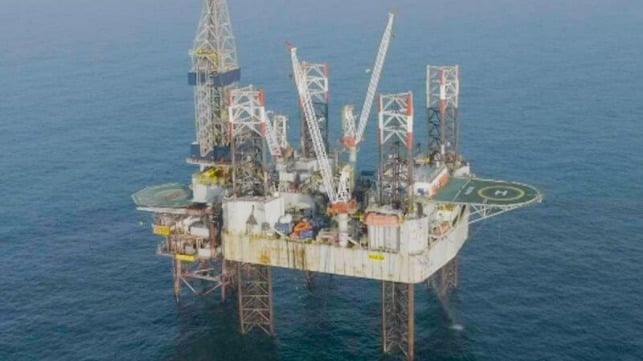First UK Tests for CO2 Injection in Depleted Seabed Wells Underway

The first tests in the UK for injecting CO2 into depleted wells under the North Sea got underway this week. The UK government is a strong supporter of the carbon capture and storage approach and has been moving forward with licensing for potential projects.
Carbon Catalyst, a UK company that was founded in 2020, reported working with its partners the first test commenced on February 10 at the Project Poseidon site. The operator for the project, Perenco UK, a large independent energy producer, is a partner in the project and undertook the injection tests. Wintershall Dea, a large German gas and oil producer, is also a partner having acquired a 10 percent working interest from Carbon Catalyst in late 2023.
The UK Government awarded Carbon Catalyst three Carbon Dioxide Appraisal and Storage Licenses in August 2023, as the company began to build its portfolio. It has one site, Poseidon which encompasses the Lehman gas fields which is located in the southern North Sea sector on the UK Continental Shelf. It includes depleted gas reservoirs and saline aquifers in which the captured CO2 would be injected. Lehman is connected via pipeline to the PUK Bacton Terminal in the East Anglia region of England. The pipelines will make it possible to receive the CO2 at the terminal from various sources and send it offshore for injection.
Last August, the companies reported Petrodec’s Erda rig was positioned at the site and specially for the injection of CO2. They undertook the successful recompletion of the H27 well to be used for the tests.
It is anticipated that Poseidon will target an initial annual injection capacity of 1.5 million tonnes of CO2, scaling up to an ultimate annual injection rate of 40 million tonnes. With a potential 1 billion tonnes storage capacity, Poseidon is set to become one of the largest Carbon Capture & Storage projects in Northwest Europe. Carbon Catalyst highlights that it is ideally positioned to serve Greater London and the Southeast of England.
Following the injection test, the Poseidon Joint Venture will progress towards a Final Investment Decision (FID) which it anticipates in 2027. Tentatively, the first commercial CO2 injection for permanent storage could begin in 2029. Based on its size, it is projected the project could run for 40 years.

that matters most
Get the latest maritime news delivered to your inbox daily.
Carbon Catalyst plans to build out a portfolio of projects across the North Sea. In addition to the Poseidon licenses, the company has rights to a site, Orion, located further to the north near the Humber region of England, one of its historic industrial zones. Orion would have a capacity of 126 mt and is targeted for 2031.
Denmark completed the world’s first injection test in 2023 at the INEOS-led pilot Project Greensand also located in the North Sea. Norway’s project Northern Lights has also completed testing and building of its terminals. The Norwegian project recently received its first two CO2 transport vessels and is undertaking commissioning before it starts commercial CCS operations.
